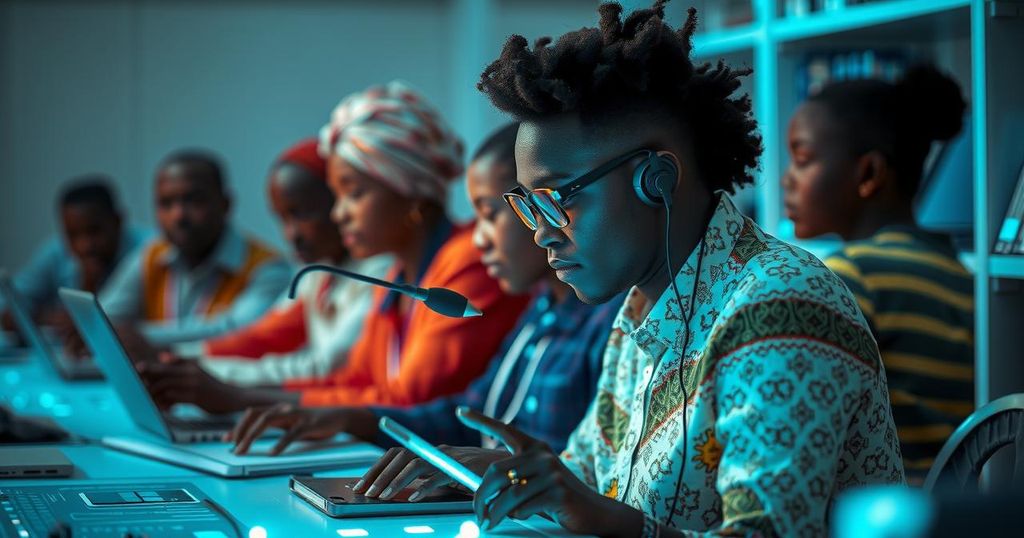Deepfake videos featuring Donald Trump are circulating in Kenya and Nigeria, falsely depicting him making threats regarding U.S. funding and immigration policies. These misleading videos raise concerns about misinformation impacting governance and public trust in these countries. The situation highlights the broader implications of deepfake technology on international relations.
The spread of deepfake technology has recently escalated, particularly with the emergence of videos depicting former President Donald Trump in the contexts of various African nations. In Kenya and Nigeria, these fabricated videos have begun to circulate widely, alleging that Trump is making threatening proclamations regarding U.S. foreign policy. Notably, one viral video features Trump asserting that if Kenya does not halt abductions, the U.S. will withdraw funding. In Nigeria, deepfakes purportedly involve modifications to immigration policies, stirring unease among citizens. The repercussions of these misleading videos pose a significant risk to public trust and governance in these countries, prompting concern over both misinformation and international relations.
The phenomenon of deepfake technology represents a growing threat in the digital age, where artificial intelligence can create convincing video manipulations. As global political landscapes shift, particularly with the potential for Donald Trump’s re-election, the implications of such technology become profound. In the context of Africa, particularly Kenya and Nigeria, where political tensions are sensitive, the introduction of misleading video content can exacerbate unrest and complicate diplomatic relations. This trend highlights the urgent need for robust media literacy and responsive governance to combat misinformation.
In conclusion, the proliferation of Trump deepfakes in countries like Kenya and Nigeria raises urgent concerns regarding the potential manipulation of public sentiment and strained government relations. These fabricated videos threaten not only the integrity of political discourse but also the stability of nations grappling with their policies towards U.S. involvement. Addressing the challenge posed by deepfake technology is essential in preserving democratic processes and fostering informed citizenry.
Original Source: www.firstpost.com






